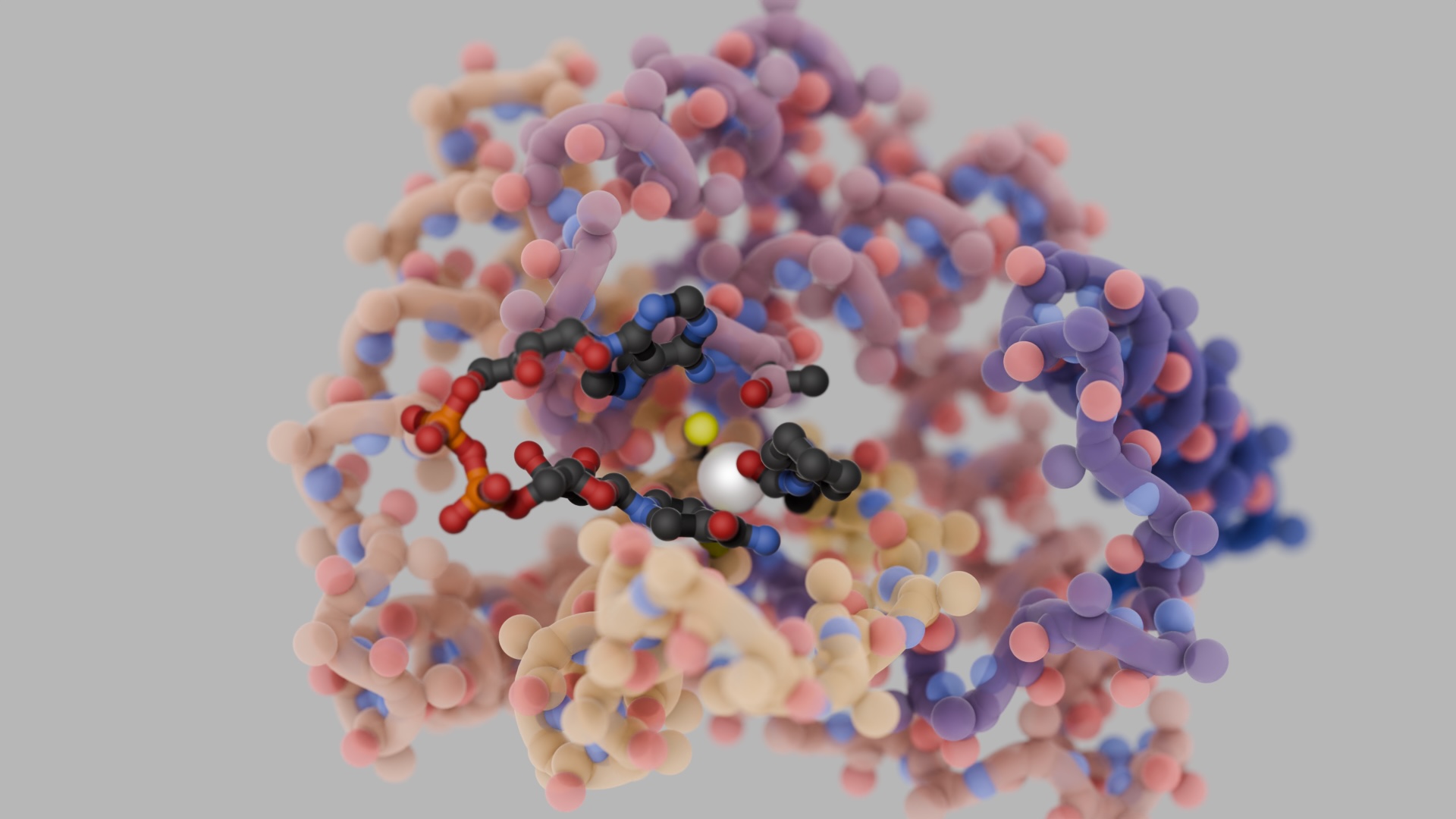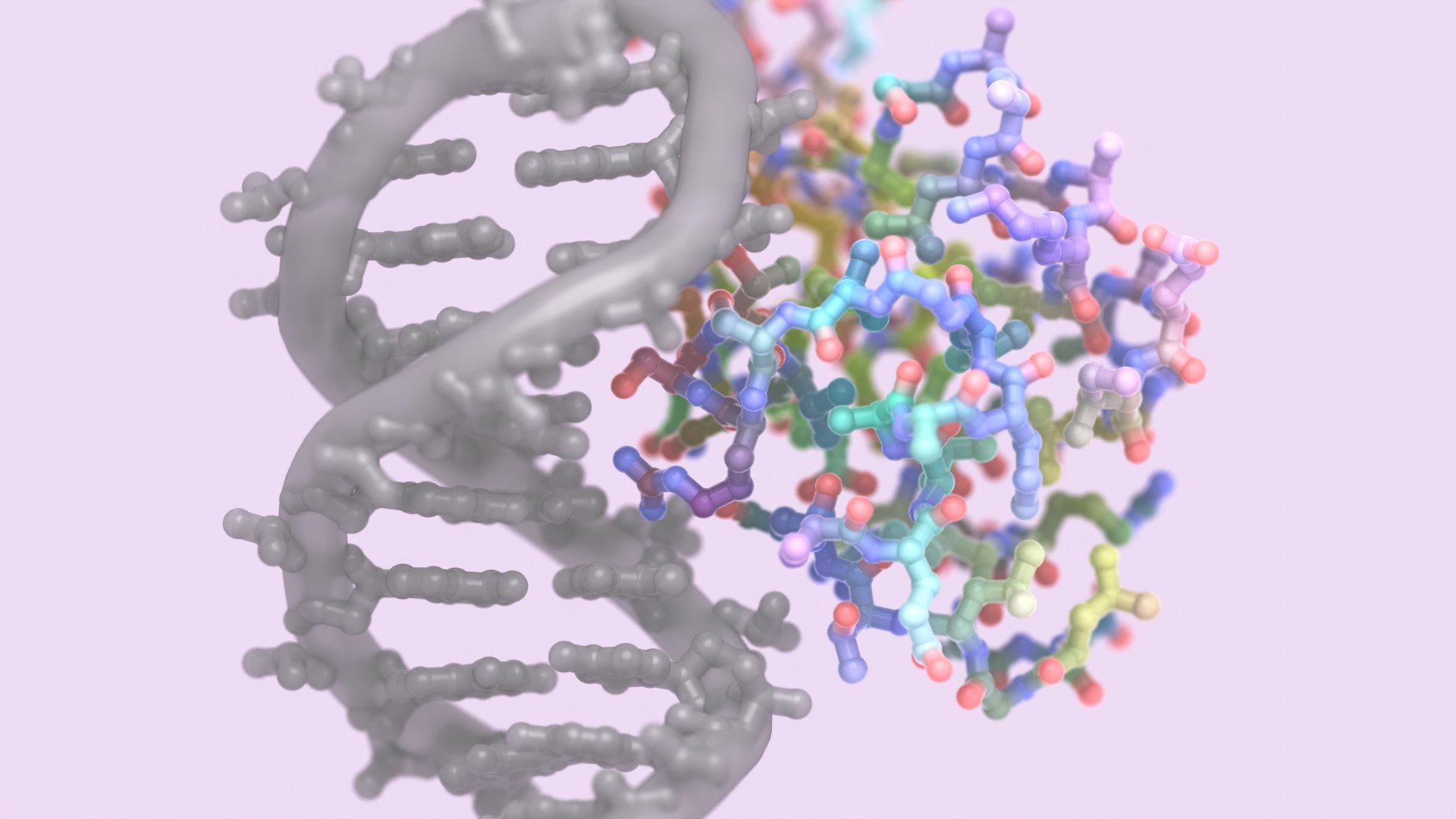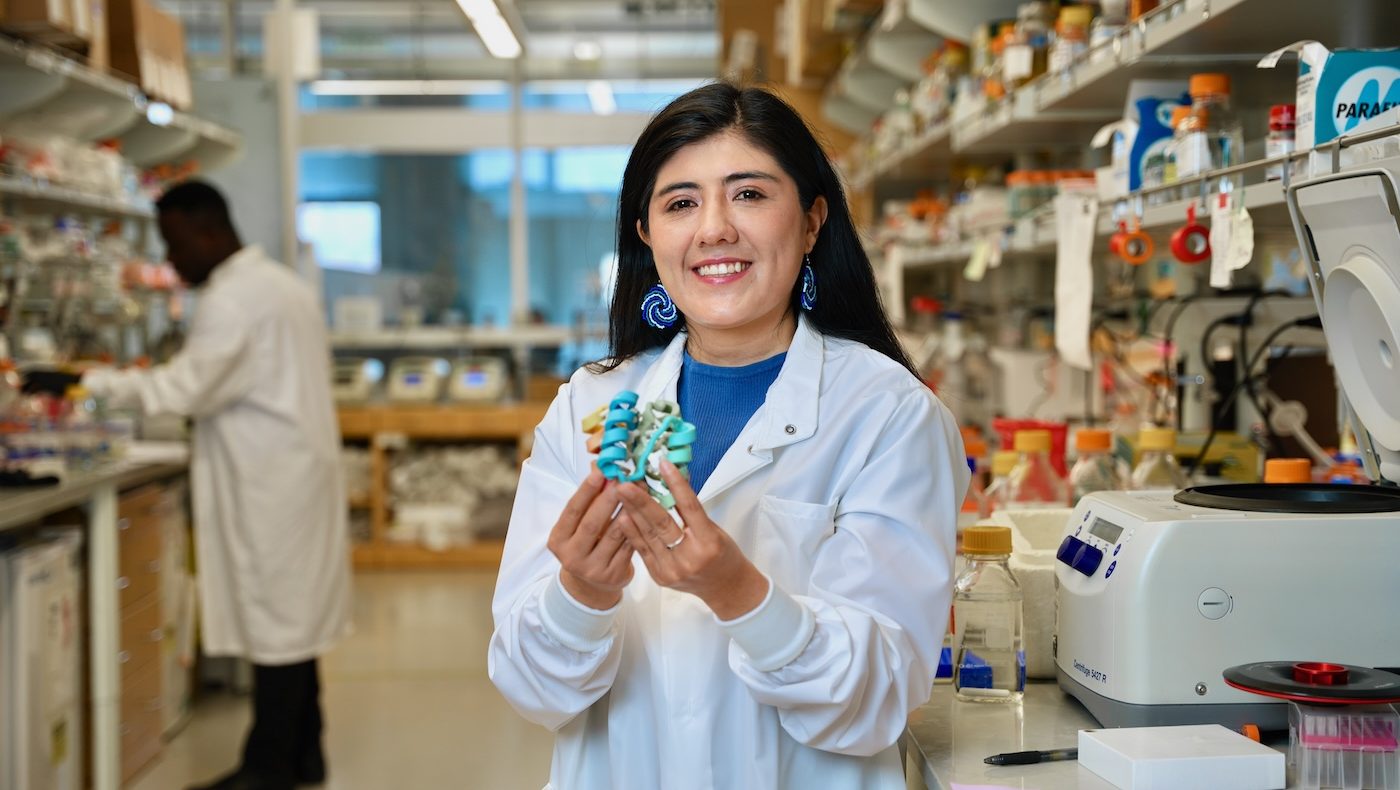From our partners at WRF:
The Washington Research Foundation (WRF) has awarded $250,000 to Derrick Hicks, PhD, of the Institute for Protein Design (IPD) at the University of Washington (UW). The grant will support Hicks’ development of proprietary minibinder-drug conjugates (MDCs) to improve cancer therapies.
Hicks’ work at IPD will be carried out in collaboration with colleagues at The Instituto de Medicina Molecular João Lobo Antunes in Lisbon, Portugal (iMM) and the University of Cambridge, U.K.
Antibody-drug conjugates (ADCs) are an established class of pharmaceuticals that have proven to be effective treatments for several types of cancer, particularly blood cancers. They work by attaching a small-molecule drug to an antibody protein, which then directly targets the diseased cells. This approach is highly specific and reduces the risk of compromising healthy cells compared with chemotherapies. Around a dozen ADCs have been approved by the Food and Drug Administration (FDA) to treat a variety of cancers.
MDCs work in a similar way to ADCs, but Hicks believes MDCs offer several advantages. The smaller size of MDCs may increase their efficacy in penetrating solid tumors, which make up the majority of cancer cases. Additionally, Hicks’ studies indicate that although MDCs efficiently target and accumulate in the tumor, maximizing their therapeutic value, any dose that does not enter the tumor will clear the patient’s system quickly and minimize potential side effects.
“Our results so far have validated that MDCs show expected properties in vivo with rapid tumor accumulation and fast clearance from systemic circulation compared to antibody biologics,” said Hicks. “We believe these properties along with other properties common to computationally designed proteins, including remarkable stability and engineerability, may allow us to develop cancer therapeutics with better efficacy and less toxicity. We are currently studying a limited number of MDCs as proof of concept, but thanks to recent breakthroughs in protein design and structure prediction achieved at the IPD and elsewhere, I believe this technology can quickly be expanded to produce a diversity of molecules capable of targeting a wide range of cancers if our current studies continue to look promising.”
Hicks carried out early proof of concept work with the help of a $100,000 grant he received from WRF in 2022. Using mouse models, he and his colleagues were able to demonstrate the potential of their MDCs in targeting and treating solid tumors with high specificity, while showing that the unused dose quickly cleared the system. The MDCs Hicks used in his studies were developed at IPD in part with a $50,000 award from the CoMotion Innovation Gap Fund.
“We are delighted to continue our support of promising new approaches to developing better therapeutics from the IPD,” said Meher Antia, PhD, WRF’s director of grant programs. “Our funding will help this team of talented scientists determine whether MDCs can indeed overcome some of the limitations of ADCs and lead to treatment for a variety of cancers.”
Using mouse models, Hicks will now directly compare the efficacy and safety of his MDCs with commercially available ADCs that target two key receptors, PDL1 and Her2, which are highly overexpressed in many cancers. If his research progresses as expected, Hicks believes this work could be the foundation for a new startup company in the field of minibinder therapeutics sometime in 2024.
Hicks’ collaborators on this research include the following individuals:
David Baker, PhD
Gonçalo Bernades, DPhil
Ana Raquel Ligeiro, PhD
Bruno Luis Jesus Pinto de Oliveira, PhD
Jilliane Perkins, PhD
Daniel-Adriano Silva, PhD
Lance Stewart, PhD, MBA
About the Washington Research Foundation
Washington Research Foundation and WRF Capital support groundbreaking research and early stage companies through grants and investments, with a focus on life sciences and enabling technologies. | wrfseattle.org





